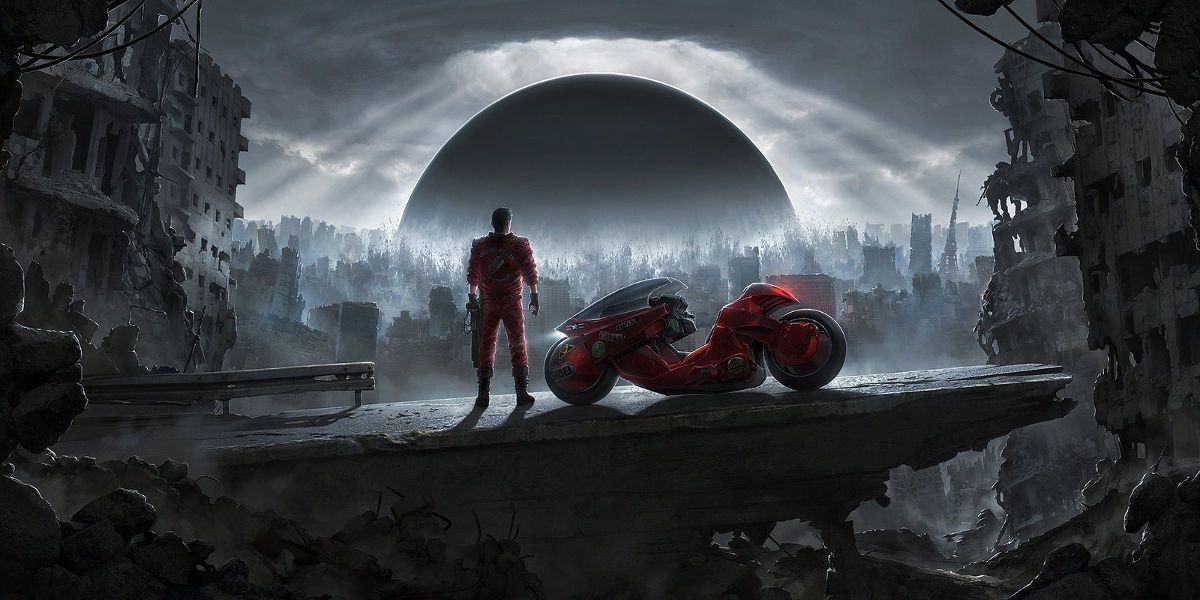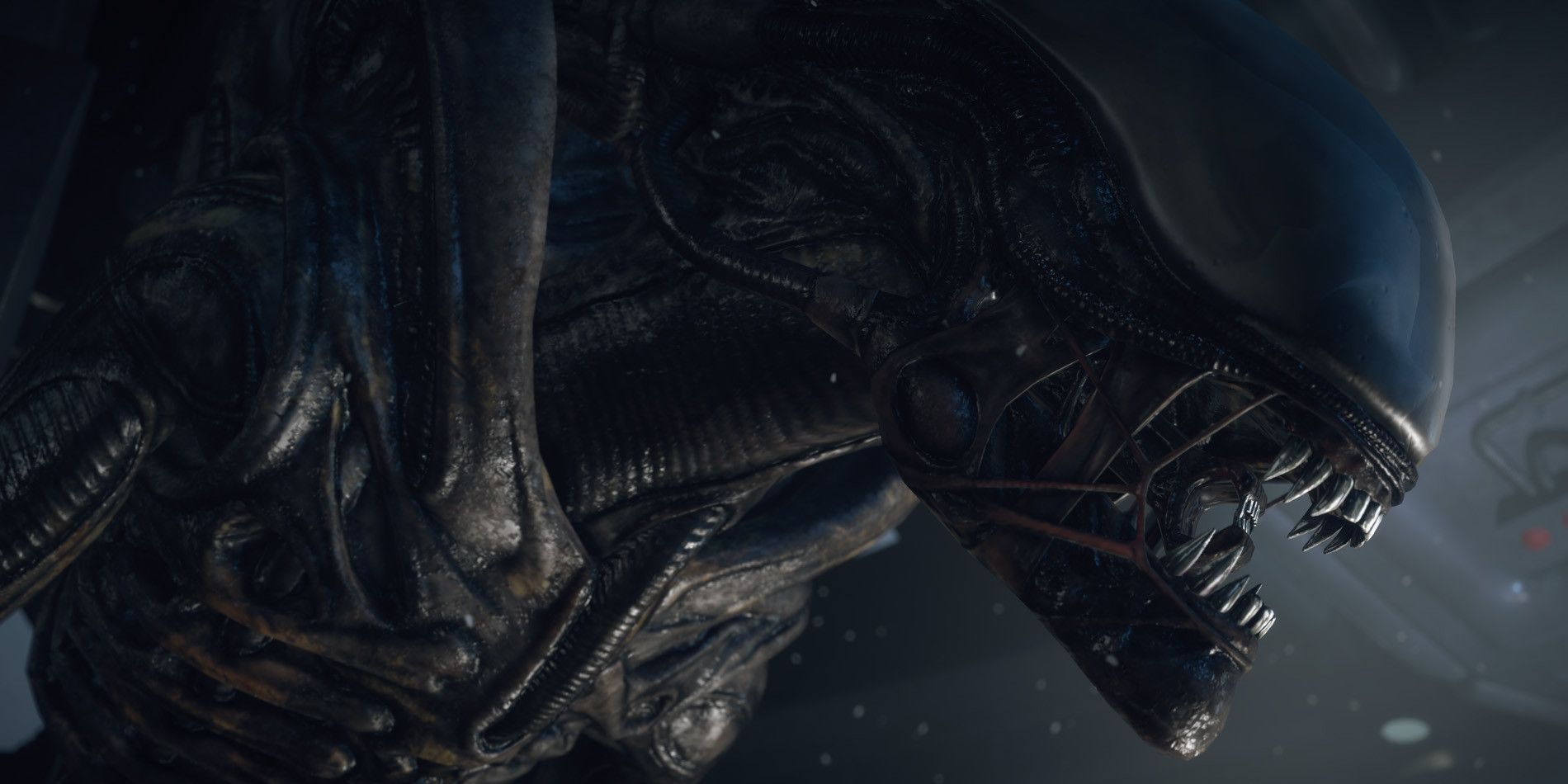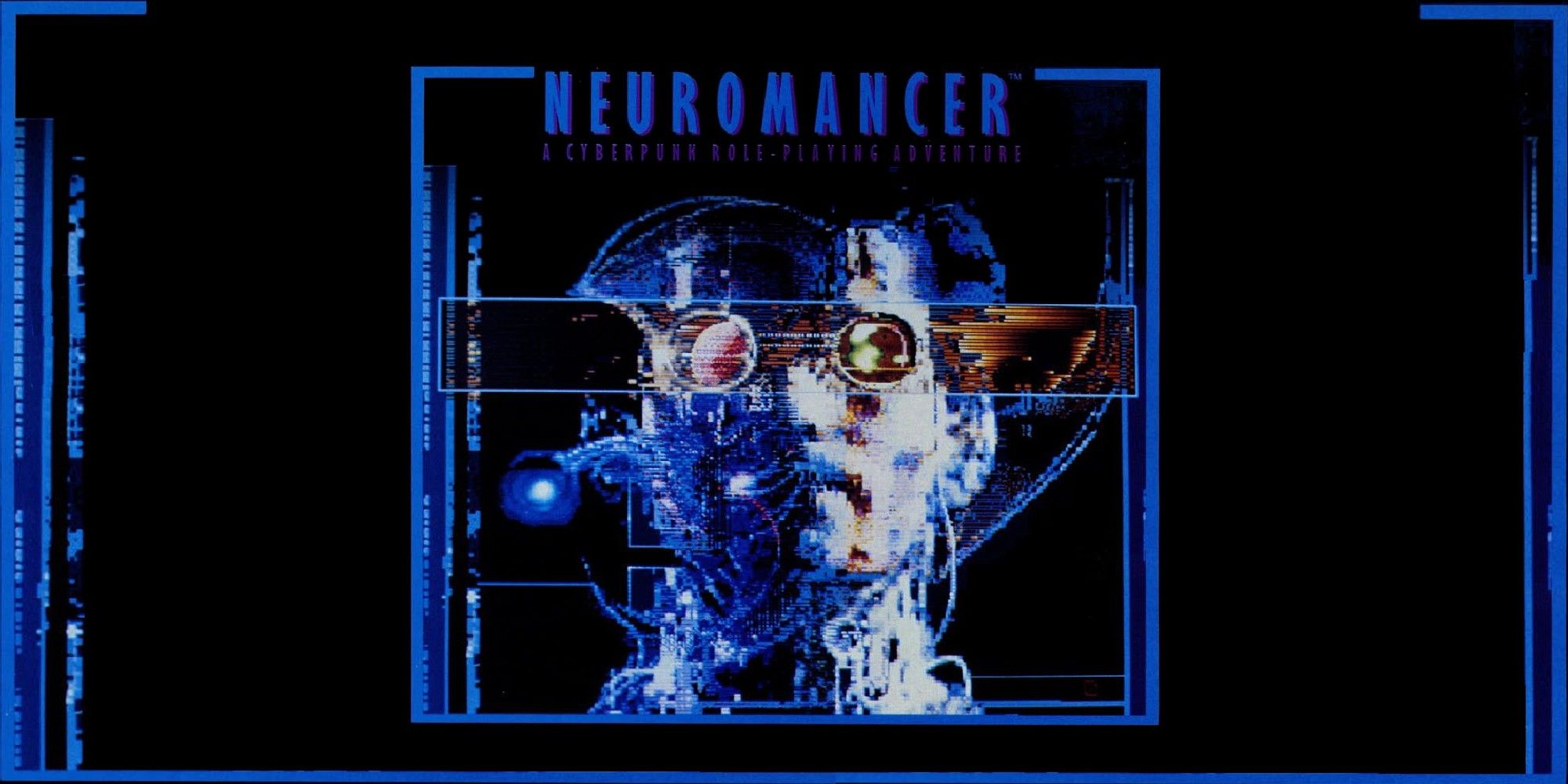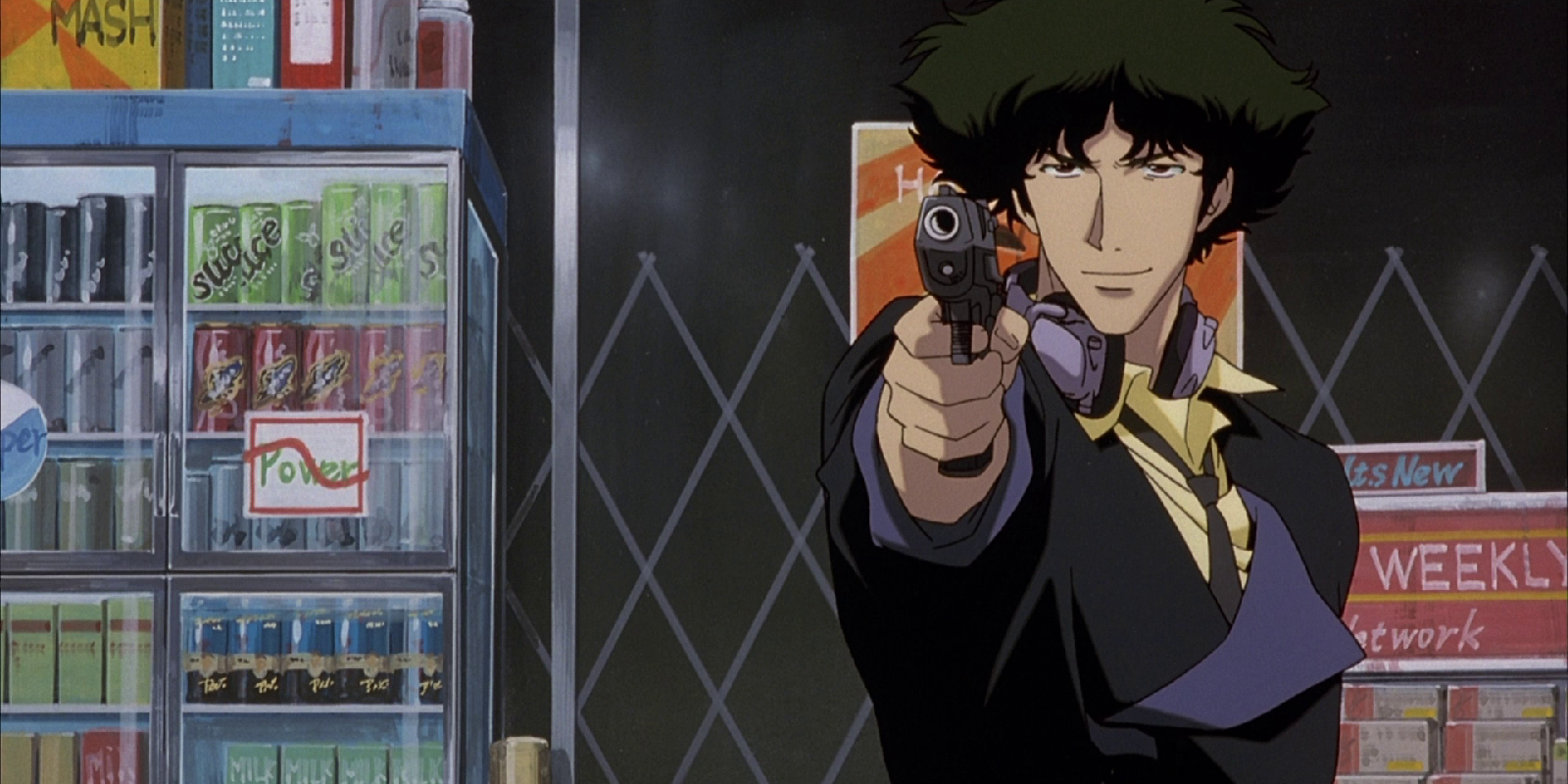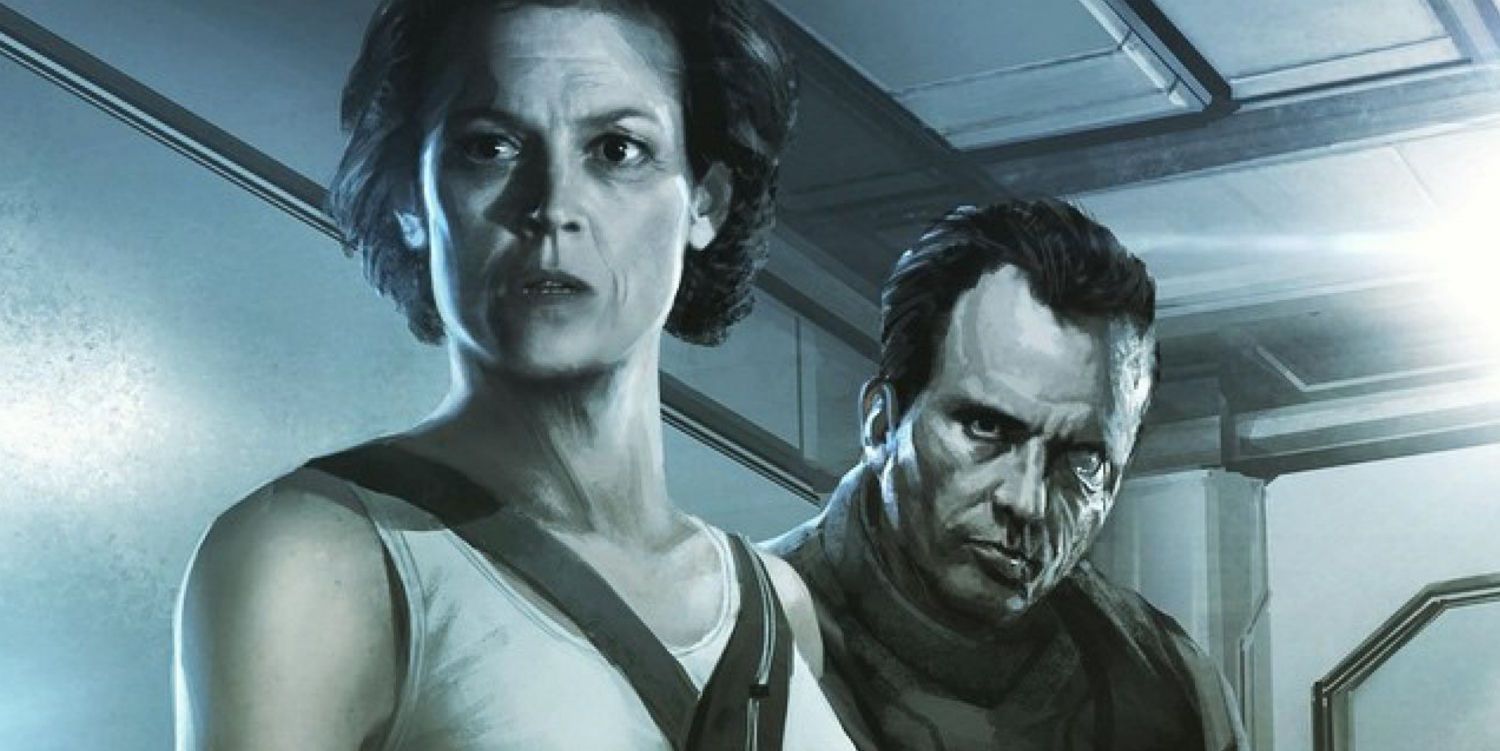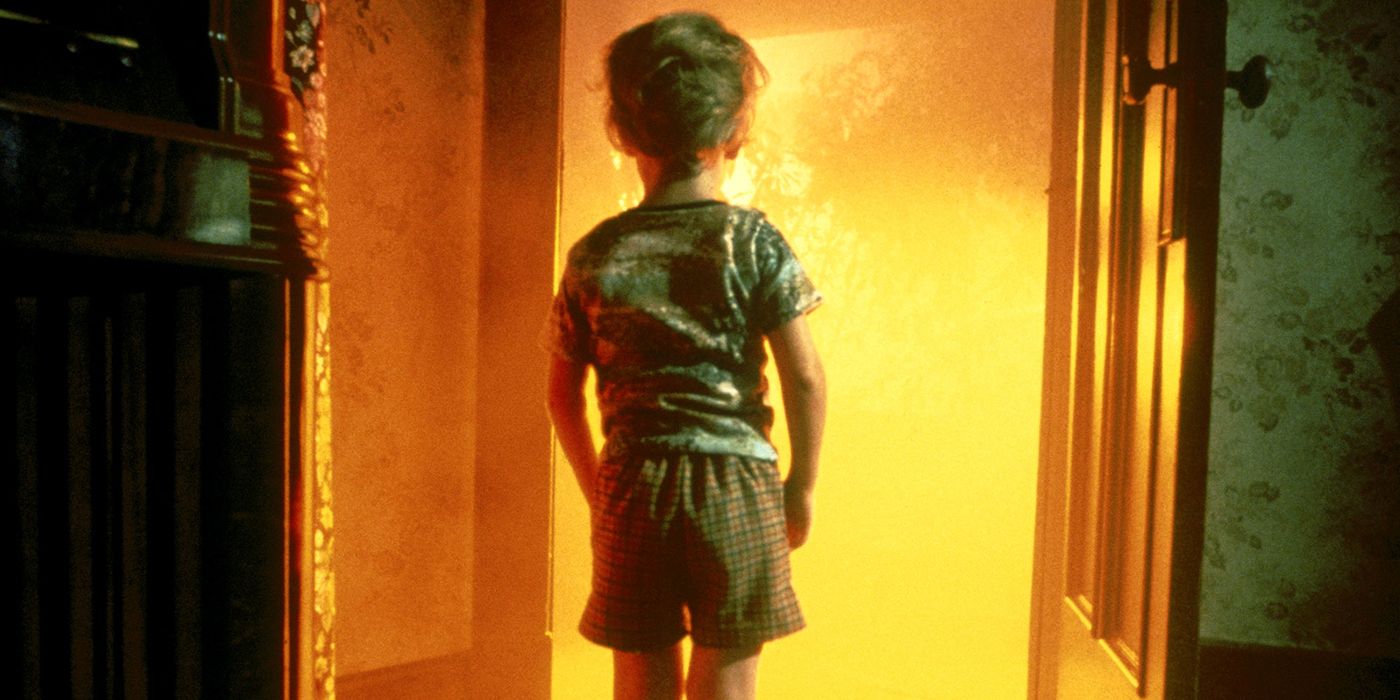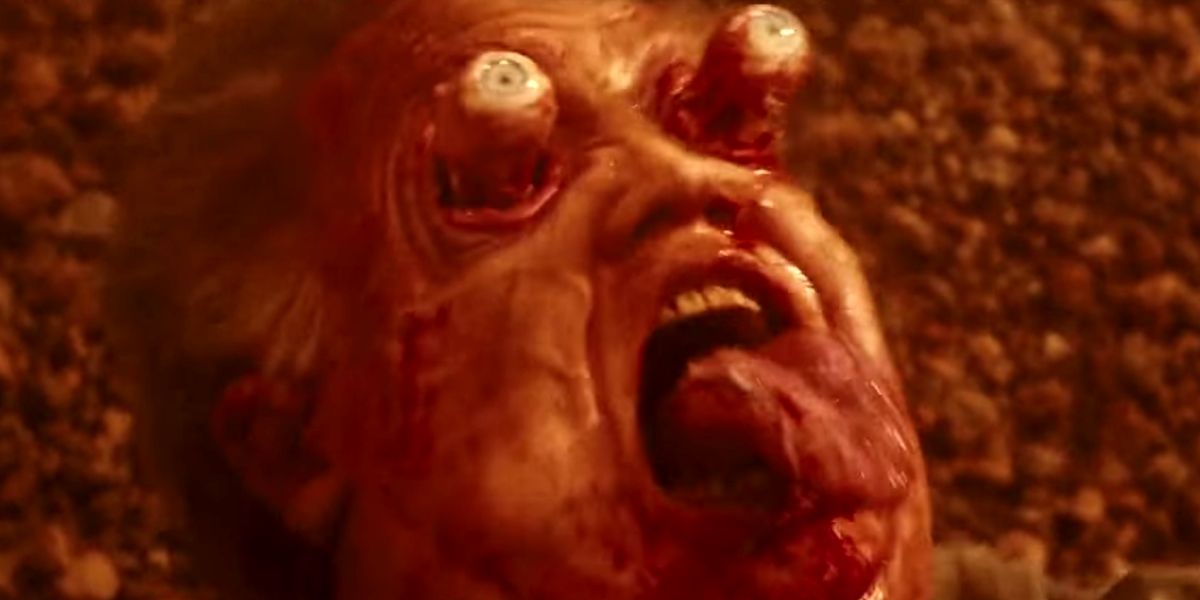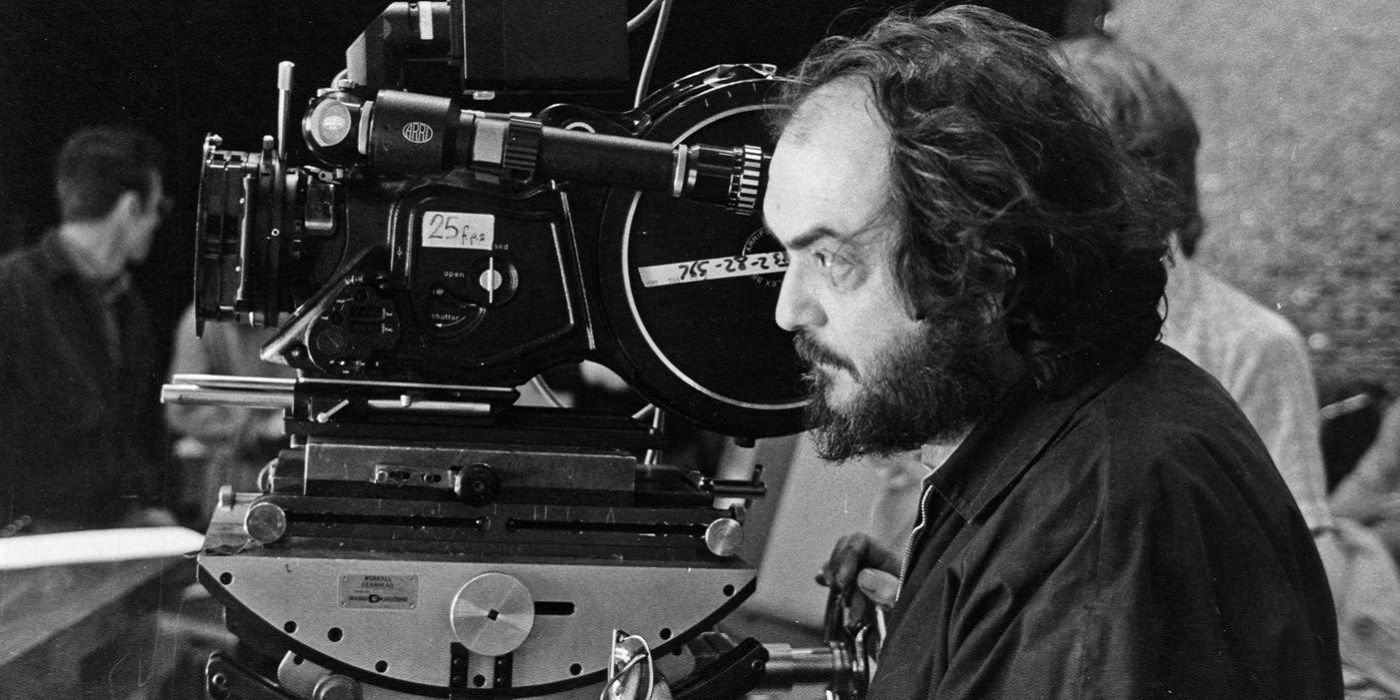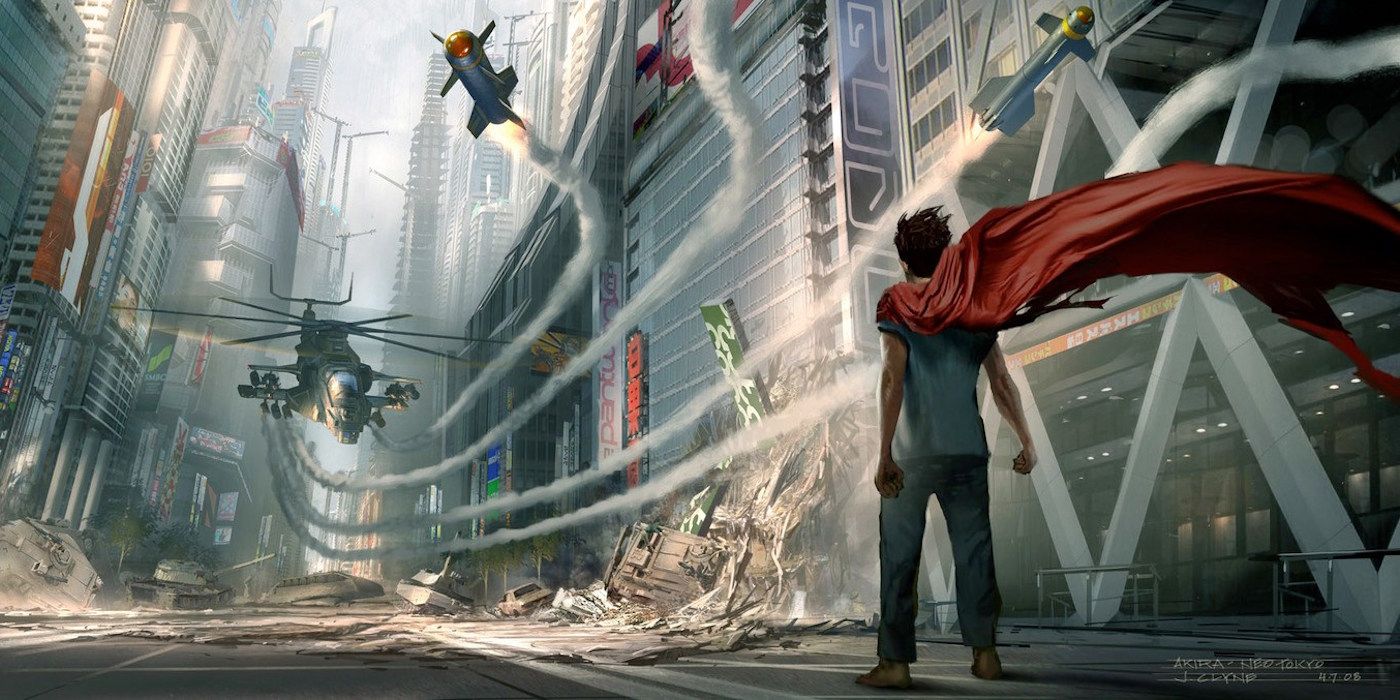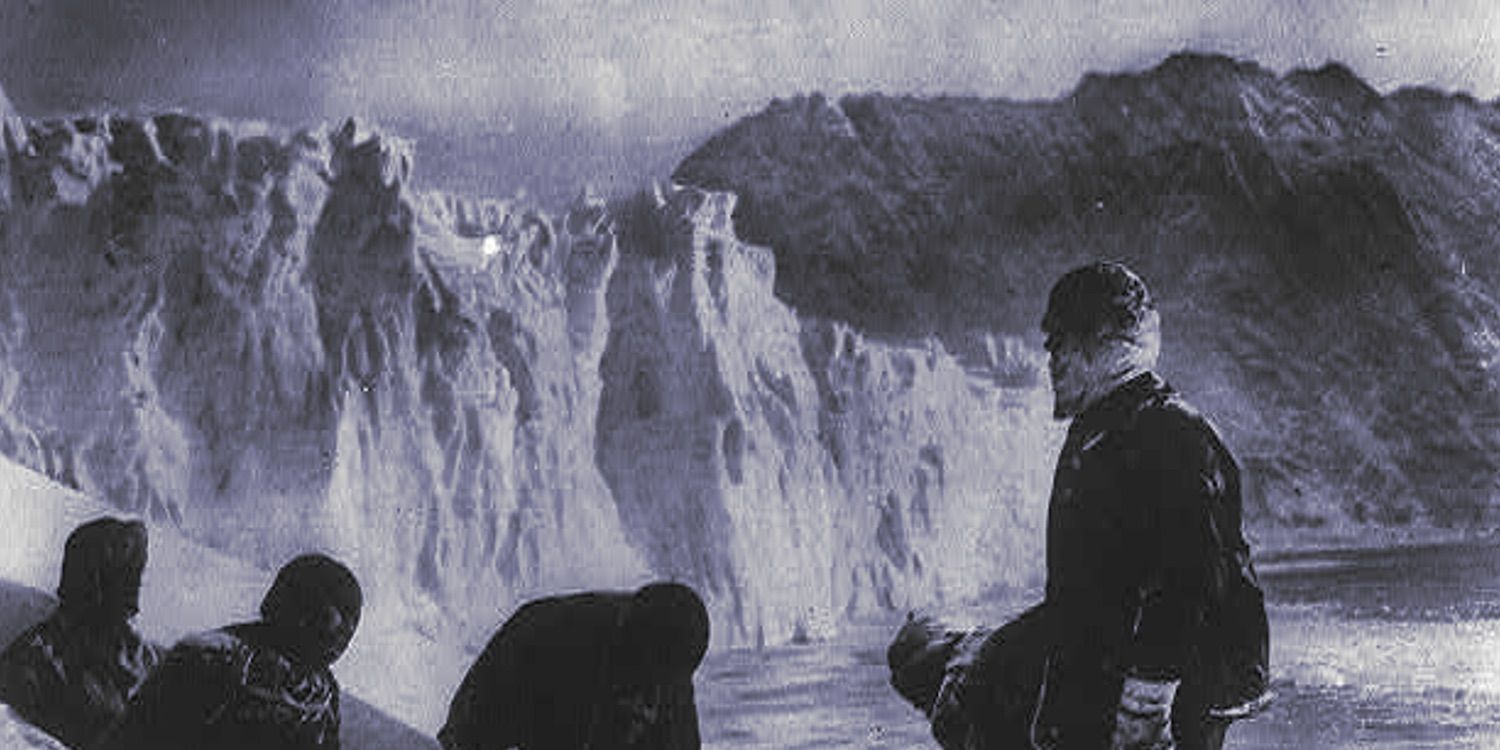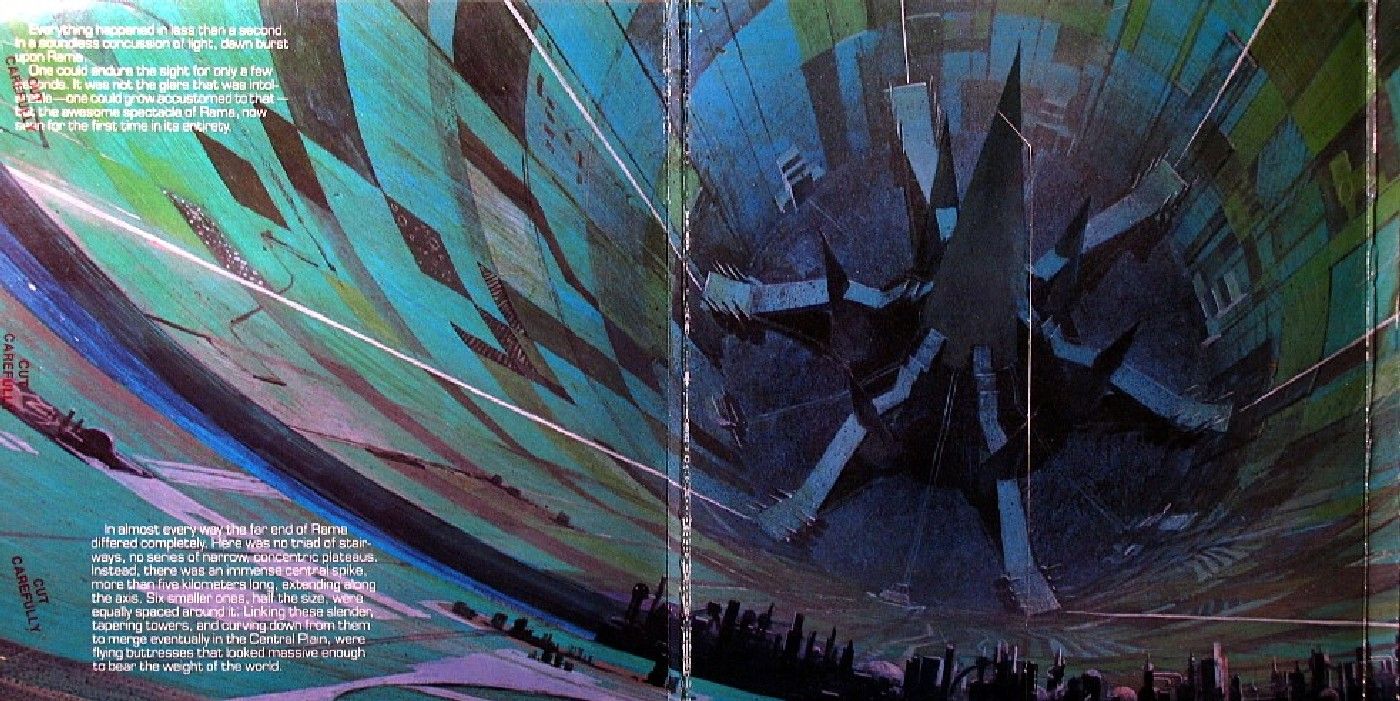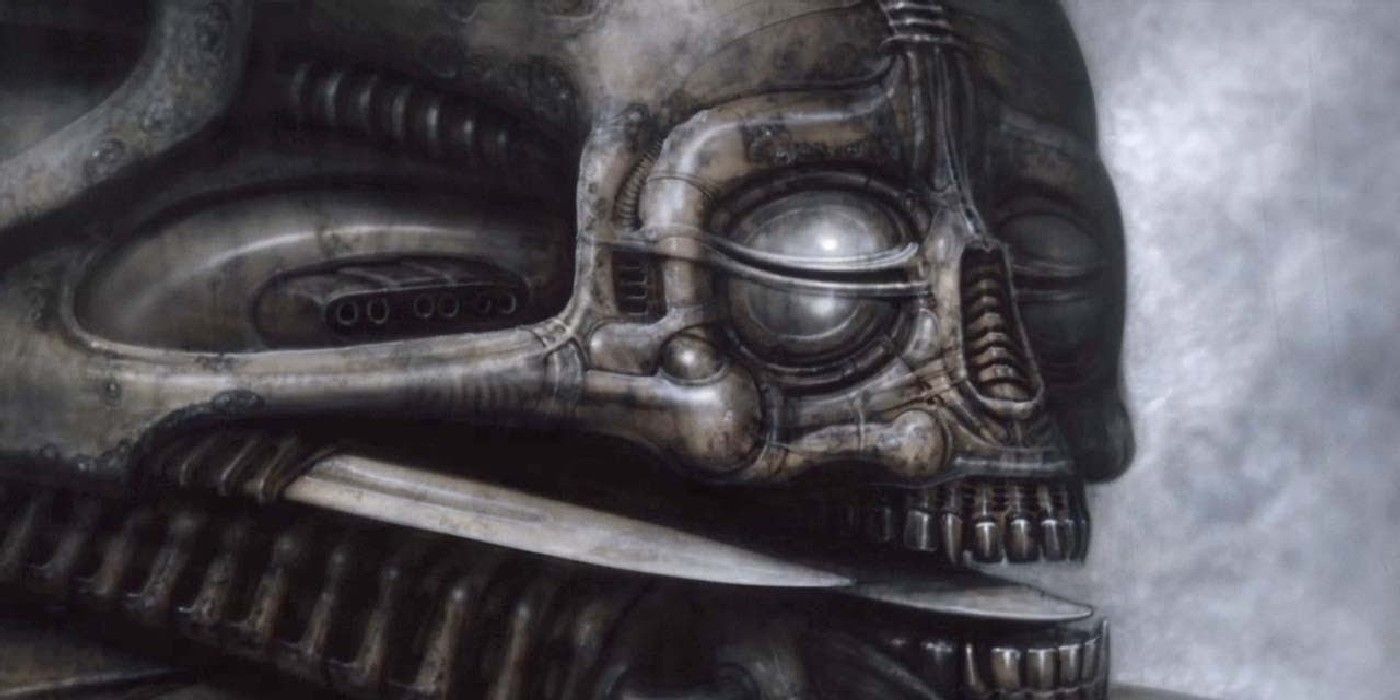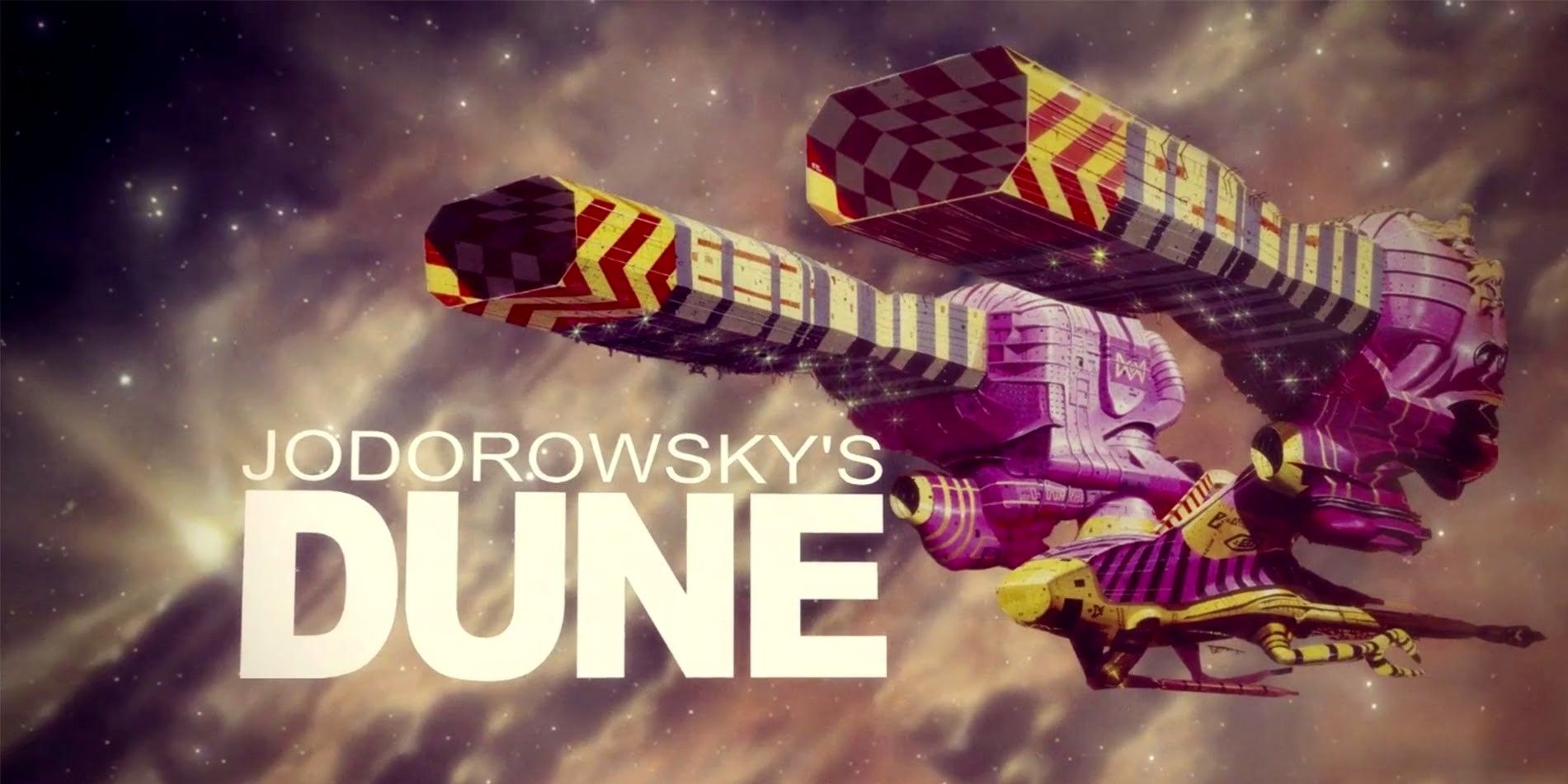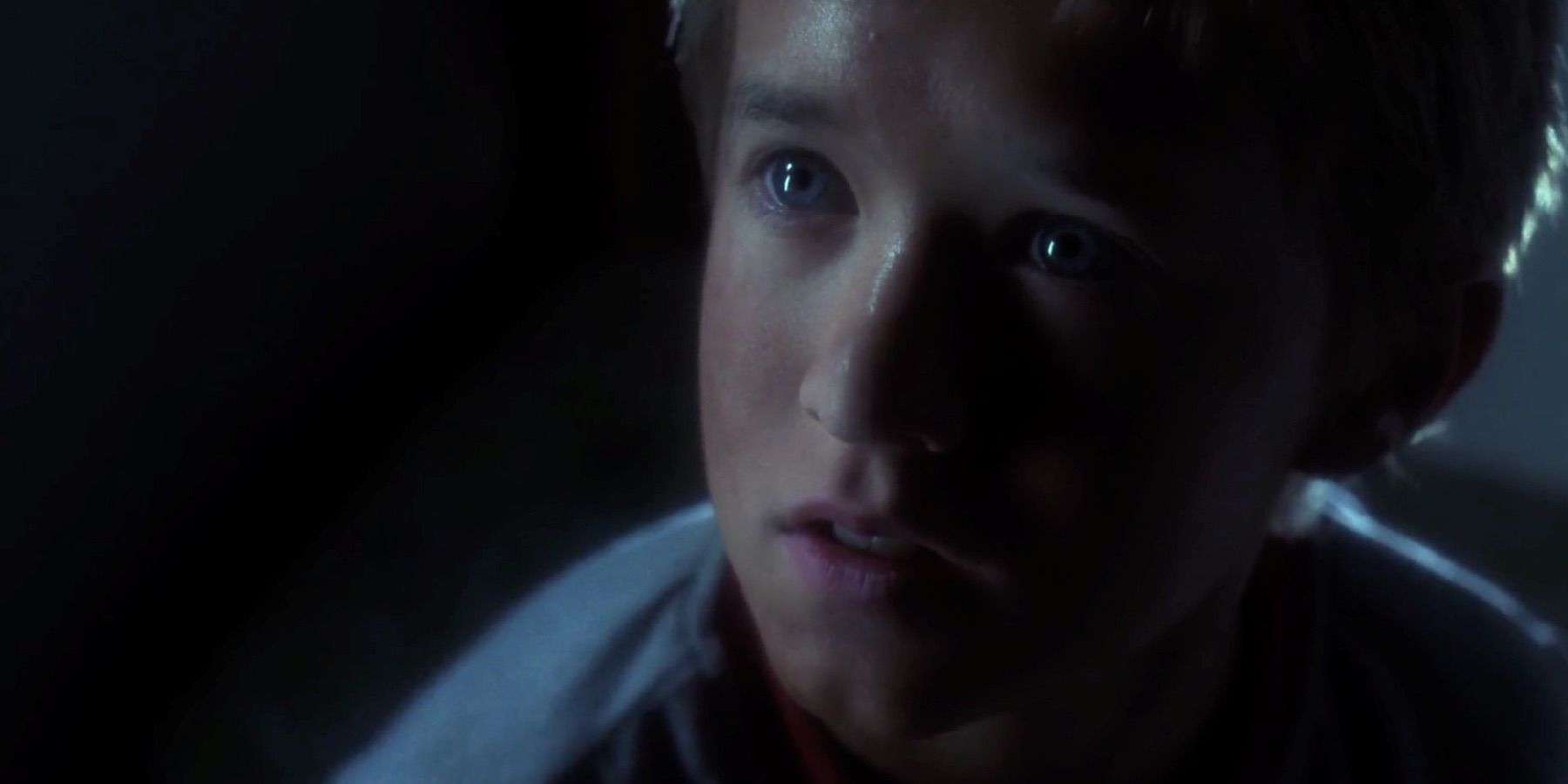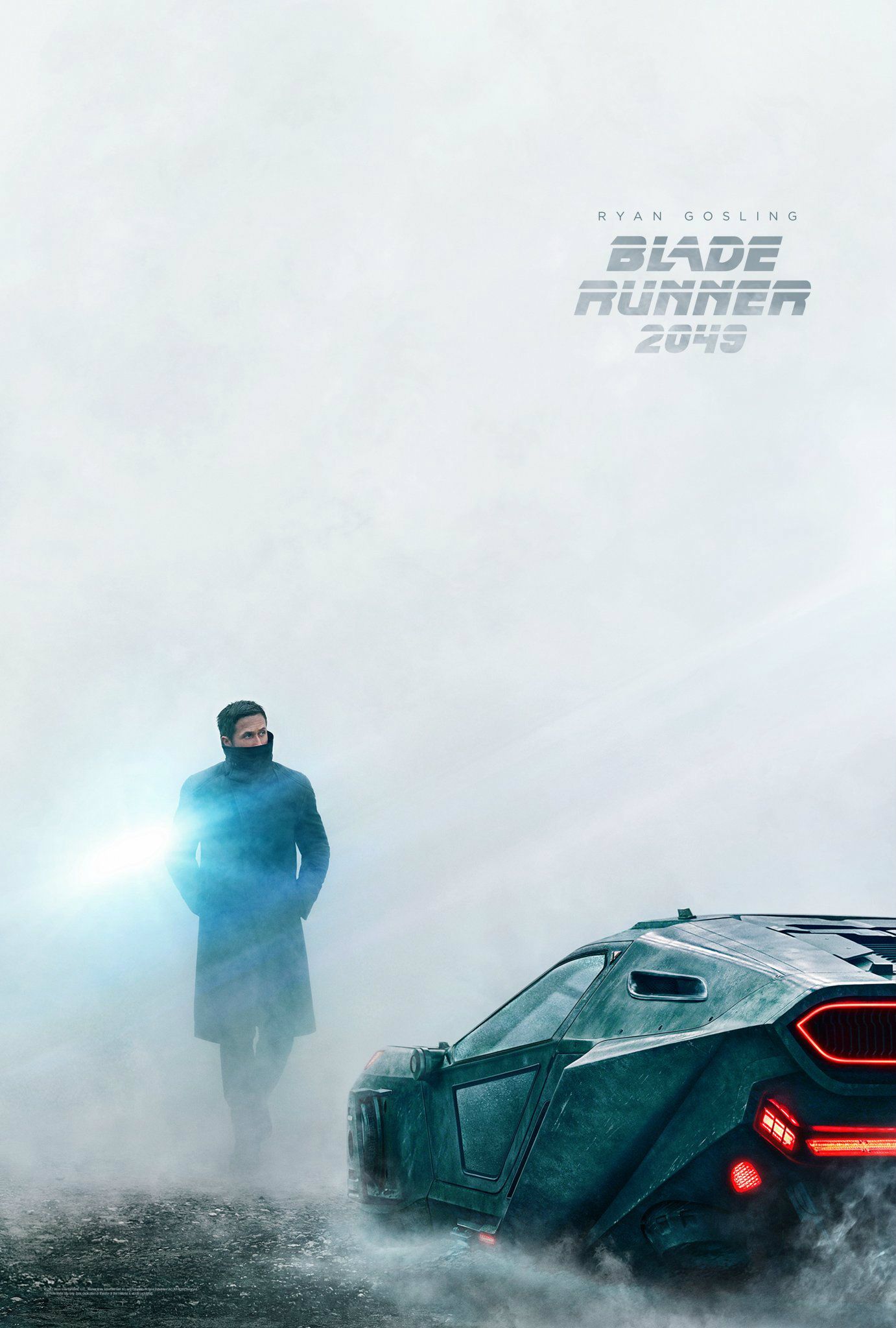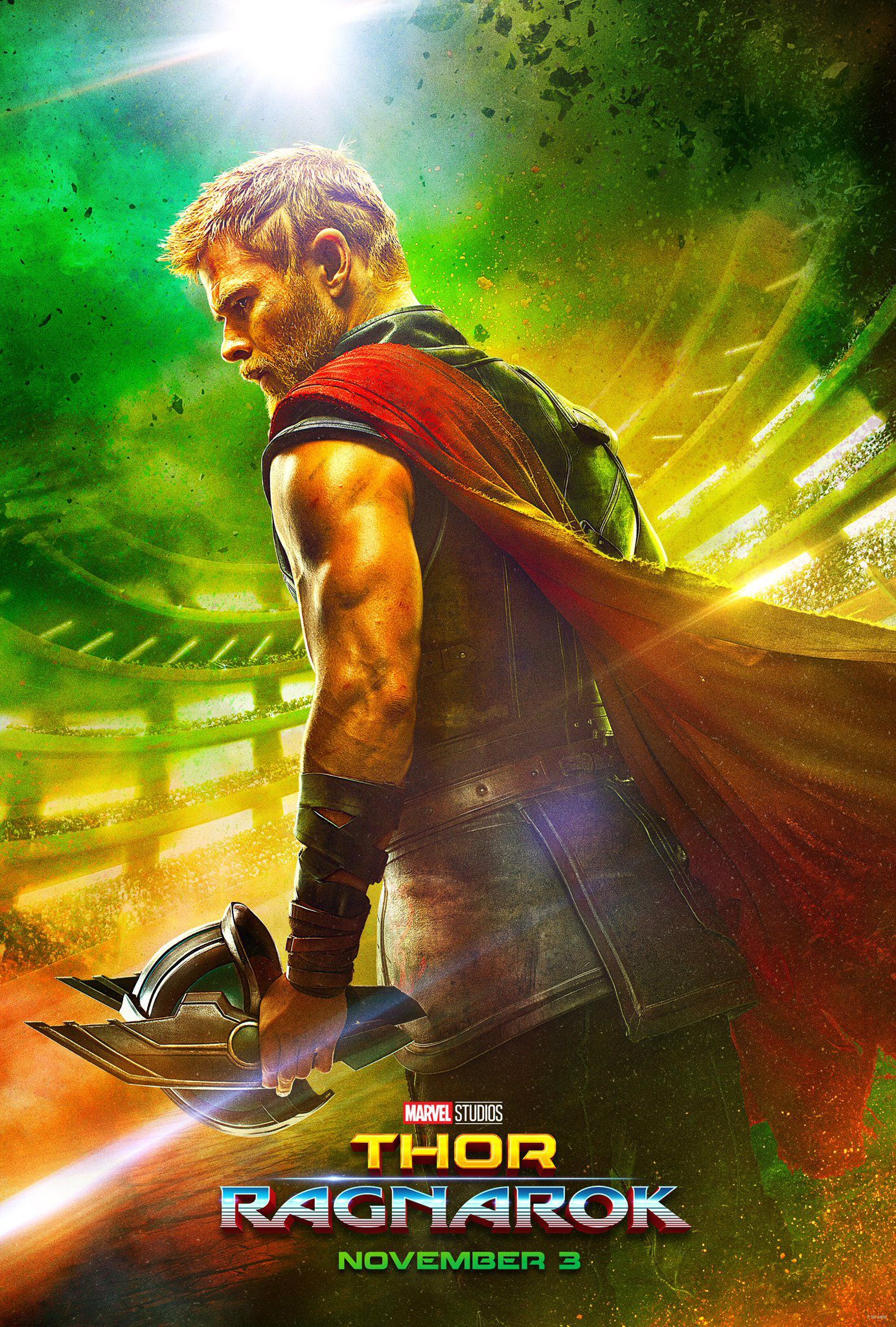No genre produces more failed film projects than sci-fi. Take a look at any “Greatest Movies Never Made” list, article, or book, and you’ll always find plenty of sci-fi in the mix. It’s a genre full of big ideas, one that continues to attract Hollywood’s most brilliant directors and elite onscreen talent. Unfortunately, sci-fi usually requires a sizable budget and an audience willing to explore new cinematic terrain. As a result, some of cinema’s most ambitious projects have never been realized. For every 2001: A Space Odyssey, there are 10 more cinematic acid trips through time and space that no one will ever experience. For every Star Wars, there’s a dozen genre-bending space sagas that will never see the light of day.
Internet coverage of sci-fi’s most intriguing movies that never were is dense, so to get you started down the wormhole, here are the top 15. For this list, each movie was ranked according to a few different factors: fan buzz surrounding the project, the profiles of the filmmakers involved, and the potential of the ideas and/or source material to evolve into a great movie. So open the pod-bay doors and get ready for the 15 greatest sci-fi movies never made.
15. Halo
Throughout the mid-2000s, Halo fans eagerly awaited a live-action adaptation of the popular video game. Originally a pet project of Columbia Pictures president Peter Schlessel, the film brought in Peter Jackson as executive producer, with Neil Blomkamp eventually tapped to direct. Despite the buzz among fans and high demand for the project, everything from negotiations with Microsoft to clashes between Jackson, Blomkamp, and 20th Century Fox delayed production until it fizzled out of existence.
One can’t help but wonder whether a Blomkamp-helmed Halo adaptation might have broken the video game movie curse. The story certainly has a great deal of cinematic potential, as does the game’s mystical art design. But if there’s any silver lining to Halo’s demise, it’s that it brought Jackson and Blomkamp together to make District 9, a certified modern sci-fi classic.
14. William Gibson’s Alien 3
Before David Fincher’s much-maligned third entry in the Alien series, the film went through a number of very distinct (and unproduced) incarnations. One saw Ripley crash landing on a planet of Monks who had abandoned all technology, a premise which would be repurposed for the finished film’s planetary prison setting. Another more drastic script came from famed cyberpunk author William Gibson. Gibson’s treatment removed Ripley from the picture entirely, instead focusing on Coporal Hicks and the benevolent android Bishop from the previous film as the pair battled technologically altered Xenomorphs on a giant military space station.
On the surface, Gibson’s Alien 3 sounds dangerously close in concept to Aliens (and with no Ripley, making things even less promising), but placing two other beloved characters in a slightly more cyberpunk setting is a highly ambitious approach. The concept of Xenomorphs technologically altered by the Weyland Corporation (the series’ nefarious corporate entity) for military use also evokes some of cyberpunk’s most cherished themes (nature vs. machine, man’s destructive impulses manifested in technology, etc.), so it had that going for it.
13. Neuromancer
Another project from William Gibson, this time based on his own seminal 1984 novel. A film adaptation of Neuromancer has been in the works for decades, and it's passed through many different hands along the way. As of 2015, the project is still in the process of acquiring funding, with no sign of production moving forward. A number of directors have been attached over the years, but Gibson himself states that video artist Chris Cunningham, one of the earliest directors attached to the project, is still his first choice.
Hacking is a tough thing to capture on film, but Neuromancer’s future urban setting and virtual reality concept would make for a unique way to tackle the subject without losing the viewer. The cyberpunk aesthetic would also make the film stand out against the apple-curated look of sci-fi films of the past decade. If there’s still a chance for Neuromancer to make it to the big-screen, now is as good a time as ever.
12. Cowboy Bebop
Cowboy Bebop is one of anime’s most iconic series (often the gateway drug for newcomers). The noir space-western’s popularity with American audiences in particular has fueled industry interest in a live-action adaptation for years. Keanu Reeves had even signed on to play bounty hunter Spike Spiegel, but script re-writes and budget disputes have ultimately kept a live-action Cowboy Bebop from entering production.
With the Star Wars revival in full swing and Marvel’s Cinematic Universe pivoting to bright and colorful space-centric adventures like Guardians of the Galaxy, Doctor Strange, and the upcoming Thor: Ragnarok, now would be an ideal time to produce a Cowboy Bebop movie. It’s just the type of space adventure that fans are looking for, tied to a classic series that has only grown in popularity. Yes, a live-action adaptation would require a hefty budget, but a solid marketing campaign would go a long way in securing wide exposure and big box-office returns.
11. Neil Blomkamp’s Alien 5
One of the most recent projects banished to development hell, Neil Blomkamp’s planned Alien sequel was first teased on the director’s instagram with concept art of Sigourney Weaver’s Ripley and the original film’s ship, The Derelict. Unfortunately, the project was put on hiatus in anticipation for Ridley Scott’s Alien: Covenant, and according to Blomkamp, it's now highly unlikely to be revived.
Early reviews for Alien: Covenant have been generally favorable, but one can’t help but wonder whether Blomkamp’s Alien 5 would have made a more distinct impression on the series. Other notable sci-fi franchises are currently seeing great success in letting new directors make their mark. Both of Blomkamp’s post-District 9 films have been met with mixed reviews, but perhaps Alien would have been the right creative property for his sensibilities.
10. Night Skies
After the success of Close Encounters of the Third Kind, Steven Spielberg began development on a horror-themed pseudo-sequel to the film. The premise of Night Skies involved a group of malevolent aliens terrorizing a midwestern farm (think Close Encounters meets Straw Dogs). While making Raiders of the Lost Ark, Spielberg had second thoughts about the tone of Night Skies and felt he needed to reclaim the sense of wonder and spirituality of Close Encounters. From there, he took one of Night Skies’ characters—a benevolent alien who befriended one of the farm family’s children—and used it as the basis for E.T. the Extra Terrestrial.
Spielberg is a director constantly at odds with himself—often tempering his darker creative impulses with lighter entertainment trappings. While this self-temperance arguably accounts for Spielberg’s influence on modern Hollywood filmmaking, it's also the thing that has often prevented him from telling darker and more interesting stories. Night Skies would never have seen E.T.’s universal success, but it might also have been a sci-fi horror classic and welcome outlier in Spielberg’s filmography.
9. David Cronenberg’s Total Recall
Before the Paul Verhoeven film starring Arnold Schwarzenegger (and the forgettable 2012 remake), Total Recall was a David Cronenberg project. Cronenberg’s script—based on the Phillip K. Dick short story “We Can Remember It for You Wholesale”—was full of the director’s signature body horror trappings and penetrating psychological terrorism. Unfortunately, producers wanted a more light-hearted space adventure, and the project swiftly left Cronenberg’s hands.
Paul Verhoeven’s Total Recall ended up borrowing heavily from Cronenberg’s vision, implementing the mutant martian population and space-age body horror that originated with Cronenberg’s script. Verhoeven’s film is an incredibly likable piece of action sci-fi, but Cronenberg's may well have been an even more bizarre, ethereal think piece.
8. Shadow on the Sun
Stanley Kubrick has a list of failed film projects almost as impressive as the films he ended up making—from his meticulously researched historical epic Napoleon to the abandoned holocaust drama Aryan Papers. One lesser-known project kept on the Kubrick backburner was Shadow on the Sun, based on a BBC radio drama about a meteorite hitting Earth and unleashing an alien virus.
Kubrick’s Shadow of the Sun script was reported to have a dark satirical tone in the vein of Dr. Strangelove, and the effects of the story’s virus—including insatiable sexual appetite and erratic violent behavior—would have made for some memorable scenes of Kubrickian depravity. Shadow on the Sun may never achieve the notoriety of other unrealized Kubrick films, but it certainly may be The filmmaker's long lost magnum opus.
7. Akira
Live-action anime adaptations always seem to struggle getting off the ground. Since Warner Bros. acquired the rights to Akira in 2002, several attempts have been made to turn the critically acclaimed cyberpunk manga and anime movie into a live-action feature. Several directors have been attached to the project in some way in recent years, including Christopher Nolan, George Miller, and Justin Lin. But despite the high profiles of the people involved, it seems that we’re no closer to seeing a live-action Akira on the big screen.
In 2016, Katsuhiro Otomo—director of the original film—hinted that an Akira TV series was in the early stages of development. Given the epic scope of the original manga, perhaps the project is better suited for the small screen.
6. At the Mountains of Madness
For nearly a decade, Guillermo del Toro vigorously sought the green light for an adaptation of H.P. Lovecraft’s sci-fi novella. At the Mountains of Madness details a scientific expedition to Antarctica which unearths terrifying extraterrestrial mysteries (of the Lovecraftian variety). The project came to a screeching halt in 2011, when Universal Studios refused to greenlight the project as long as del Toro insisted on an R rating. The story’s similarities to Ridley Scott’s Prometheus also deterred del Toro from re-approaching the project for awhile.
Both the story’s unforgiving antarctic setting and extraterrestrial happenings would make for a visually spectacular sci-fi epic—especially in the hands of del Toro, whose otherworldly aesthetic seems tailor made for an H.P. Lovecraft adaptation. In 2014, del Toro talked about the possibility of a PG-13 version, but as films like Deadpool and Logan continue to break down the box-office prejudice against R-rated movies, we can only hope that a project as intriguing as Mountains of Madness is resurrected in its purest form.
5. Rendezvous with Rama
Arthur C. Clarke’s sci-fi novel about Earth’s confrontation with a mysterious, gargantuan spacecraft has been the passion project of actor/producer Morgan Freeman for over 15 years. Like many previous entries in this list, it remains stuck in development hell, mostly due to the lack of a passable script. Despite all signs to the contrary, Freeman maintains that, once they have a decent script on their hands, he and his production company will get the film made.
Regardless of whether we ever see Rendezvous with Rama adapted for the big screen, the novel’s influence can be found all over the sci-fi films of the past 30 years. Everything from the Alien movies to Christopher Nolan’s Interstellar can be traced back to the way Rama explores the insignificance of humankind in the face of celestial life.
4. The Tourist
Sci-fi fans have been discussing Clair Noto’s melancholy, sexually charged screenplay about an underground Manhattan alien world for decades. The Tourist was conceived around 1980 as a science fiction film for adults—a romantic noir thriller that would utilize Hollywood special effects to explore the agony of sexuality in a way that hadn’t been done on film before. Noto’s unwillingness to compromise her artistic vision led to a parting of ways with Universal, who still holds the rights to the script. And though interested parties have come and gone over the years, it’s unlikely that The Tourist will ever see the light of day.
Had Noto’s uncompromising screenplay been greenlit, it would surely have been counted among the most unique and controversial sci-fi films ever made. Famed Alien designer H.R. Giger’s concept art for the story reveals a dark alien underworld that would have looked like nothing filmgoers had ever seen up to that point, and the film’s female lead—an alien disguised as a sultry real estate executive—would have made for a bold new protagonist for the early ‘80’s. Of all the sci-fi films that never were, The Tourist may be the most alluring.
3. Jodorowsky’s Dune
Cult filmmaker Alejandro Jodorowsky’s failed adaptation of Frank Herbert’s Dune is probably the most famous entry on our list, largely due to the 2013 documentary about the failed project. Jodorowsky’s passion and excitement for Dune is warmly felt in the documentary, and the story of the film’s conception, pre-production, and ultimate demise is both fascinating and heartbreaking. Jodorowsky’s virtually unprecedented cinematic ambitions are apparent in all of his films, and there’s no question that Dune would have been a groundbreaking work of both sci-fi and arthouse cinema.
Dune has been adapted two other times—once by David Lynch, and the other by the SyFy Channel as a three part mini-series—and it's set to be adapted for a third time by Denis Villeneuve. The Arrival and Blade Runner 2049 director has made quite the name for himself in recent years for approaching his material with visual panache and raw emotional power. Jodorowsky’s Dune may be the stuff of legend, but perhaps Villeneuve’s adaptation will finally do the source material some cinematic justice.
2. Megalopolis
The modern Hollywood studio system has not been kind to Francis Ford Coppola. Though he’s made some of the greatest American films of all time (The Godfather, The Godfather Part II, and Apocalypse Now to name just a few), he spent the latter half of his career making lackluster films. What most people don’t know is that late-era Coppola entries like Bram Stoker’s Dracula, Jack, and The Rainmaker were all made in order to get funding for Coppola’s ultimate passion project: Megalopolis.
On several occasions, Coppola described Megalopolis as a film that would push boundaries in every aspect of filmmaking. The story seemed to mirror that of Fritz Lang’s Metropolis—focusing on the bold ambitions of a giant futuristic city’s power-crazed architect. Coppola had planned to expound on new filmmaking techniques (inspired in large part by the release of Star Wars: The Phantom Menace). There’s no way of knowing whether Megalopolis would have been a colossal failure or a crowning achievement in the world of cinema. The beauty of this particular film that never was is the fact that it likely could have gone either way.
1. Stanley Kubrick’s A.I. Artificial Intelligence
Years before Stanley Kubrick’s death, he petitioned friend and fellow director Steven Spielberg to take over a long-gestating sci-fi project, feeling it was more suited to Spielberg’s sensibilities. Though he turned Kubrick down at the time, Spielberg would eventually direct A.I. Artificial Intelligence after his friend's untimely passing.
Spielberg’s A.I. is a good film. but it's also frustrating to watch when one considers what might have been, had Kubrick lived long enough to tackle the project himself. Everything from the film’s production design (meticulously drawn from Kubrick’s notes and commissioned concept art) to its cold, melancholy tone feels distinctly Kubrickian. And yet, there’s something about Spielberg’s approach that still manages to soften the impact of the story. Under Kubrick’s direction, A.I. might have been the greatest American sci-fi film of all time—one of the truest dissections of what it means to be human ever made. If there’s an alternate universe out there where Kubrick’s fully realized A.I. exists, we should all be terribly disappointed we’re not in it.
--
So what are your thoughts? Are these the greatest sci-fi movies never made? Join in the conversation and comment below.

